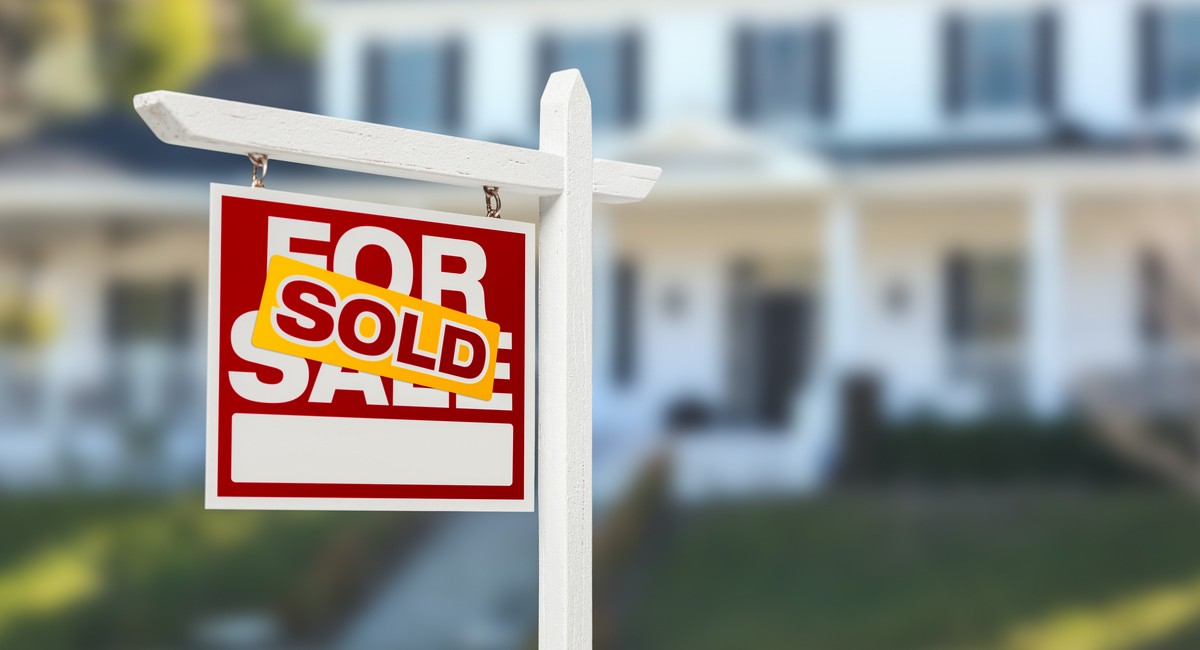The real estate market has its ups and downs, so buyers and sellers sometimes try to time the market to maximize their profits. Timing the market is much more difficult than it seems, though. In some cases, trying to time the market can lead to worse outcomes than simply buying a house when you feel ready. If you’re planning on entering the real estate market soon, you should understand why timing the market doesn’t work and what you can do instead to determine your readiness.

Why Timing the Market Doesn’t Work
Although it can be tempting to try to time the real estate market to get the best deal, this strategy is rarely successful for home buyers. Here are five reasons not to time the market:
1. Market conditions are unpredictable.
The real estate market is affected by a wide range of variables, all of which are difficult to impossible to predict. Here are just a few of the factors that drive the real estate market:
- Interest rates
- Supply and demand
- Unemployment rates
- Demographic changes
- Laws and policies
- Inflation
- Local development projects
Predicting what will happen with just one of these elements is challenging. To predict the future of the real estate market, you’d have to consider all of these factors together. There are simply too many moving pieces to make an accurate prediction.
For example, in 2020, many consumers predicted that the real estate market was heading toward a collapse because home prices were rising so dramatically. However, housing costs continued to rise due to several factors, including low interest rates that were set in response to the economic uncertainty during the COVID pandemic. Someone who delayed buying a home in 2020 because they were waiting for a market crash that never came may have missed out on a great opportunity.
2. Professionals don’t try to time the market.
You will rarely, if ever, see professional real estate investors try to time the market. Most advise against timing the market and instead recommend buying property at a time that’s right for you personally. If professionals whose lives and careers are dedicated to understanding the real estate market can’t successfully time it, the average home buyer certainly can’t.

3. The market will change by the time you act.
The real estate market is constantly shifting. Prices, supply, and interest rates can change significantly in a matter of weeks or months. Today could be the perfect day to buy a house, but today’s conditions may not last.
Purchasing a home takes time. You need to apply for a pre-approval, search for your ideal home, have an offer get accepted, and go through the closing process. From beginning to end, your home buying experience can take months. Some buyers stay in the market for over a year.
If you wait for the perfect conditions to start your home search, they’ll probably have changed by the time you close on the home. Supply could dry up, causing you to get into bidding wars with other buyers. Interest rates could rise, decreasing your buying power. Even if you correctly identify the “right” time to buy, that window of opportunity may close too quickly for you to take advantage of it.

4. You could get stuck waiting.
When home buyers try to time the market, they usually end up waiting longer to purchase a home than they would have otherwise. Navigating the real estate market is stressful, and trying to find the perfect timing only makes the process longer and more tiring.
Not only does spending more time in the market increase your stress, but it can cause you to miss out on valuable wealth-building opportunities. In the long run, your net worth will grow more if you purchase a home as soon as you’re ready than if you wait for months or years to buy a house under the perfect market conditions.
5. Market conditions don’t reflect your own readiness.
Your own personal and financial readiness should be your number one concern when buying a house. Today’s market might be perfect for buyers, but that doesn’t mean that it’s the perfect time for you specifically.
Rushing into homeownership because the current market conditions are good will lead to financial stress and buyer’s remorse. Waiting too long can cause regret, too. Instead of focusing on the state of the real estate market, you should think about your own readiness and enter the market when the time is right for you.

How to Find the Right Time to Buy
It can be hard to tell when you’re personally ready to buy a home. Here are four tips to help you determine the right time to enter the real estate market:
1. Set personal goals.
Setting specific financial goals and objectives can give you a clearer picture of your own readiness. For example, you could set a goal to save $25,000 for a down payment and closing costs. Once you reach this goal, you can start your home search with confidence.
2. Consider your own circumstances.
Major life changes can be a sign that it’s time to move. A big promotion at work, a baby on the way, or your kids moving out on their own could indicate that you need to upgrade or downsize your home. If your life doesn’t fit properly in your current house, now may be the time to enter the real estate market.
3. Work with an agent.
A trustworthy, experienced agent can help you determine the best time for you to start your home search. They’ll offer valuable insight into the home buying process so that you can be certain you’re ready. Work with an agent who’s familiar with your area and can offer personalized, location-specific recommendations that will help you make an informed decision.
4. Think long-term.
As a general rule, you should only buy a home if you plan to live in it for at least five years. The longer you stay in a house, the more it appreciates in value, and the more equity you build. When you consider your long-term financial goals, the ups and downs of the real estate market will start to feel less important.

Buying at the Right Time
When purchasing a house, it’s always better to focus on your own readiness than to wait for the right market conditions. The real estate market is always changing, and no one knows what the future will bring. Trying to time the market can lead to you making rash decisions or missing out on good opportunities.
The best time to buy a house is when you’re financially prepared for the down payment and mortgage costs and when you feel ready to embrace a big life change. When you focus on personal readiness, you’ll have a much more positive experience with the real estate market.

